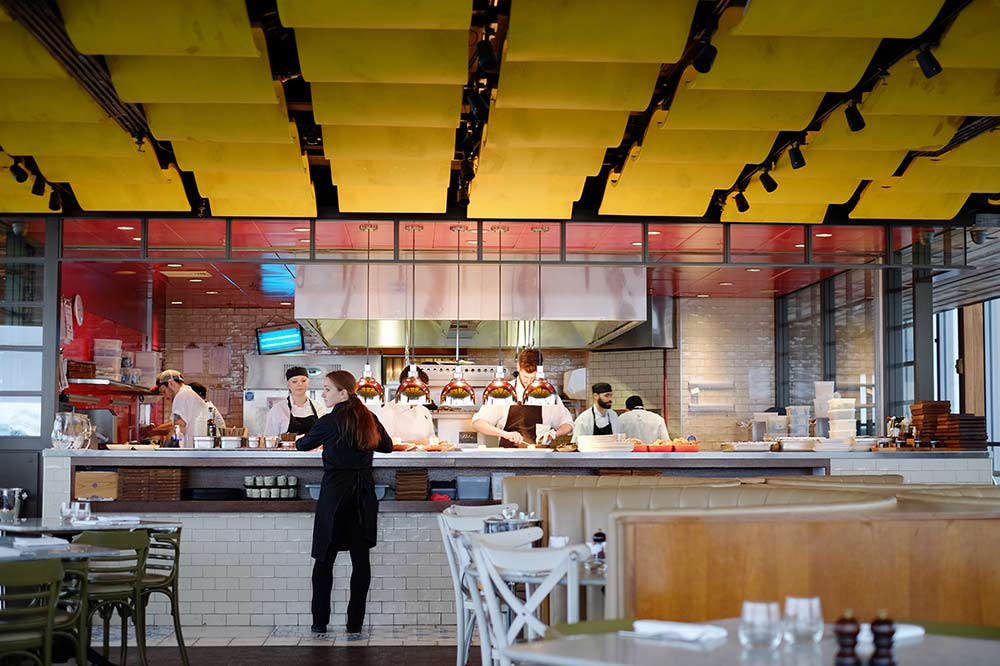Whether it’s accusations of foodborne illness, a fight in your establishment, or protestors staging demonstrations outside your business, how you handle public relations (PR) when the mousse hits the fan is important.
There’s a lot at stake if you don’t handle PR correctly during a crisis. Certainly, short-term sales at your restaurant can be impacted, and with that, the security of your employees’ jobs. But your long-term reputation can also be on the line.
Ultimately, your choices during a crisis can mean the difference between your business thriving or failing. The good news is that if you are thoughtful, careful, and timely when responding to a crisis, your business can come out of it stronger than ever.
The Right Mindset
When it comes to a crisis where customers have gotten hurt — especially in cases like a food-related illness where your restaurant could be directly at fault — it’s important to remember your greatest responsibility is people’s lives. You can’t think of the business first in these situations. The health and welfare of your guests and employees is the most important part of any health crisis.
Yes, you absolutely want to make sure you get the facts straight during any PR situation. But take care to not come off as aloof or insincere when discussing the case with the media — or frankly, anyone else.
Don’t make excuses. Defaulting to defensiveness will only make you look uncompassionate towards someone who might have gotten sick because of the food you sold them. That type of public impression could severely damage your business’ reputation. Be honest with the media and the public, don’t make excuses, and don’t stonewall reporters.
Plan to Respond Immediately
In the age of the Internet and social media, bad news travels fast. In order to stay on top of the rumor mill, an immediate response is required. What this means is that you need to create a PR crisis communications plan in advance. Know the who, what, where, and how of your communication during a PR crisis and then train your managers and staff on those protocols. That way, you’re prepared if the day comes when you need to implement it.
Some items to focus on in your crisis plan include:
- A basic holding statement that you can personalize to fit the situation. Remember, any statement you make should show sincerity and concern for all people involved in the incident.
- Appropriate contacts for the situation, including the health department, police, insurance carriers, etc.
- A point-of-contact person within your business. Depending on the size and type of restaurant, it might be the owner, the general manager, the HR manager, or a security and safety employee. Regardless, everyone within the chain of command should know who the media point-of-contact person is.
Be prepared to reassign responsibilities. A crisis team led by the CEO or GM should ideally not be juggling PR and managing the restaurant. A secondary team should be prepared to take on the day-to-day business stuff, until the crisis is resolved.
Always keep in mind the welfare of the people involved. Be mindful of the health of your guests and employees. Putting them first is a big part of keeping their trust.
Your actions will of course depend on the situation, so it’s important to determine the scope of the issue. Is it the operation? Is it the supplier or distributor? Is a recall or quarantine of employees or products necessary? Don’t be afraid to close the restaurant. It’s better to be safe than sorry.

Dealing with the Media
Always treat the accusation as legitimate until you are certain that it’s not. Don’t be callous, especially when speaking on the record with the media. When talking to reporters during a crisis:
- Stay calm.
- Never allow filming inside your restaurant (out of respect for guest and employee privacy). Instead, speak with reporters outside.
- Consider offering water or soda to members of the media while they wait. It shows that you’re cooperating, and also allows you time to gather your thoughts and call another manager for help if needed.
- Be honest about the steps you’ve taken to combat the problem. Focus on the positives: that you treated the issue with respect and are taking appropriate actions to resolve the crisis.
What to Do After a Shooting or Other Violence
Not all restaurant PR crises are food-related. While you don’t want to think it will happen, there’s always the possibility that violence could occur inside your business. Even violence in the vicinity of your business could hurt your restaurant’s reputation as a safe place to eat or work.
If there’s been a shooting or other violent crime in or near your restaurant, remember to:
- Assist the police in their investigation.
- Address any employee or guest trauma with empathy.
- If needed, encourage employees dealing with trauma to seek professional help.
- Prepare and release a statement as soon as possible.
- Consider picking up the checks of all customers impacted (if any customers were impacted).
- Appropriately address the victim’s family with empathy.
- Consider donating money towards the victim’s funeral, if appropriate (but consult your attorney first).
- Temporarily suspend your social media accounts (especially Facebook, where any recent post could turn into a forum for speculation).
- Review your video feed and see if any security upgrades are needed to minimize future threats.
How to Handle Demonstrators and Protesters
With consumers more and more aware of the food they’re consuming and the workplace practices of the companies they support, there is a chance you’ll be faced with demonstrations or protests at some point in the course of running a restaurant.
Remain calm.
Again, the most important thing is to put your employees and guests first. That means if the protesters are respectful, treat them with the same respect because they have the right to protest. If they are being lawful in their protest, then do not call the police.
Also, be practical and empathic. Place trash cans out for flyers and consider offering water to the protestors during hot days. It will show both your guests and those protesting that you want to be civil, even in the face of dissent.
Let’s Review
Once more, the big no-nos when it comes to handling a PR crisis in your restaurant are:
- Don’t put profits before people.
- Don’t forget to communicate consistently with your employees.
- Don’t point fingers.
- Don’t be arrogant or dismissive.
- Don’t spin or stretch the truth.
- Don’t default to denial.
- Don’t put off having a plan ahead of time.
- Don’t stonewall the media.
Of course, you can always consider keeping a crisis management professional on retainer (like you would your accountant or lawyer), so that they can help you navigate through these tough situations. It will cost you money upfront, but compared to the impact a PR disaster can have on your business’s cash flow, it’s a wise investment.
If you’re looking for a little wiggle room in your cash flow to account for the unexpected — and drive more customers through your doors — explore the Rewards Network merchant cash advance program today.






